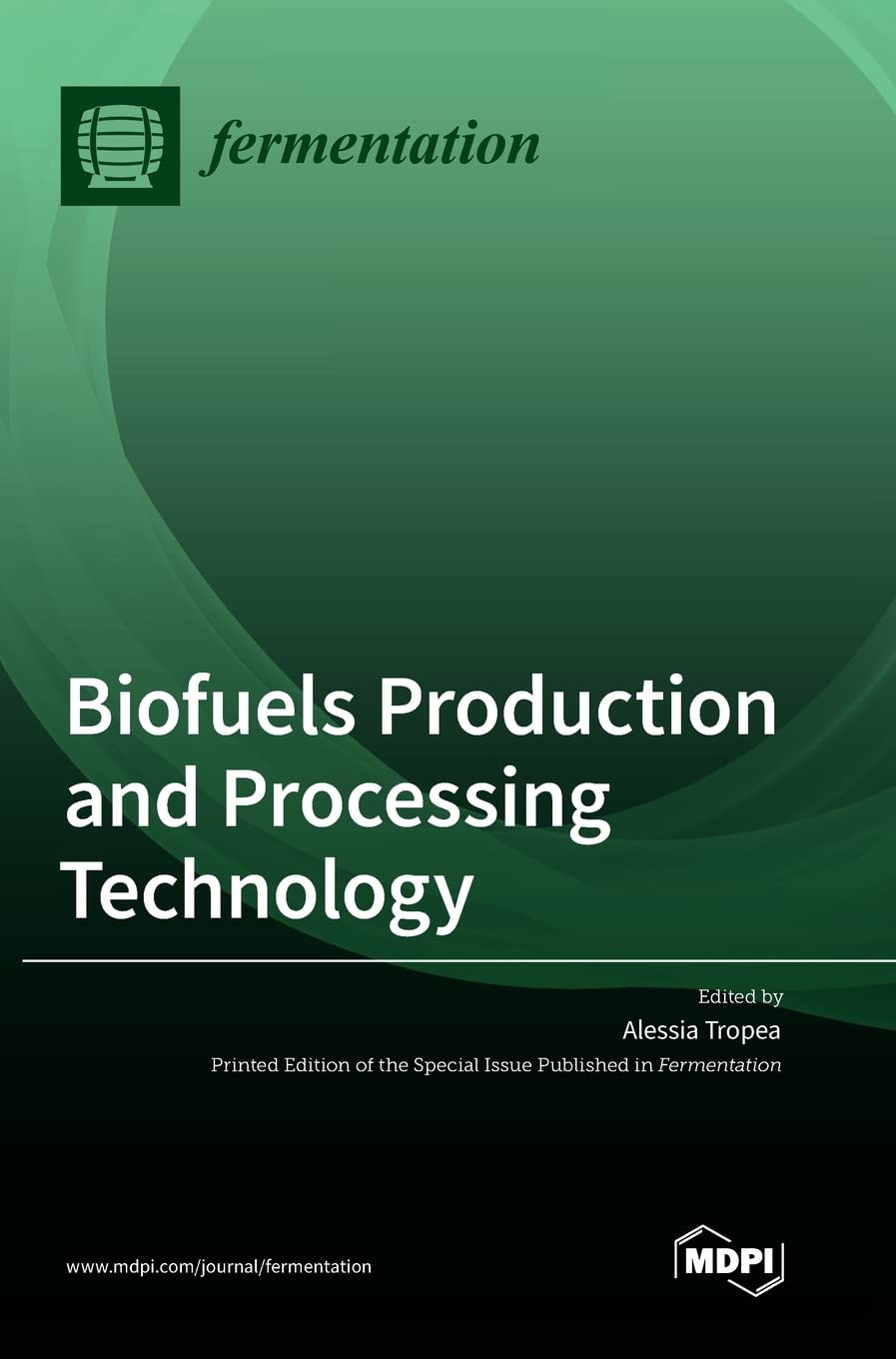

Most ebook files are in PDF format, so you can easily read them using various software such as Foxit Reader or directly on the Google Chrome browser.
Some ebook files are released by publishers in other formats such as .awz, .mobi, .epub, .fb2, etc. You may need to install specific software to read these formats on mobile/PC, such as Calibre.
Please read the tutorial at this link: https://ebookbell.com/faq
We offer FREE conversion to the popular formats you request; however, this may take some time. Therefore, right after payment, please email us, and we will try to provide the service as quickly as possible.
For some exceptional file formats or broken links (if any), please refrain from opening any disputes. Instead, email us first, and we will try to assist within a maximum of 6 hours.
EbookBell Team

4.0
86 reviewsThe negative impacts of global warming and global environmental pollution due to fossil fuels mean that the main challenge of modern society is finding alternatives to conventional fuels. In this scenario, biofuels derived from renewable biomass represent the most promising renewable energy sources. Depending on the biomass used by the fermentation technologies, it is possible to obtain first-generation biofuels produced from food crops, second-generation biofuels produced from non-food feedstock, mainly starting from renewable lignocellulosic biomasses, and third-generation biofuels, represented by algae or food waste biomass.
Although biofuels appear to be the closest alternative to fossil fuels, it is necessary for them to be produced in competitive quantities and costs, requiring both improvements to production technologies and the diversification of feedstock. This Special Issue is focused on technological innovations, including the utilization of different feedstocks, with a particular focus on biethanol production from food waste; different biomass pretreatments; fermentation strategies, such as simultaneous saccharification and fermentation (SSF) or separate hydrolysis and fermentation (SHF); different applied microorganisms used as a monoculture or co-culture; and different setups for biofuel fermentation processes.
The manuscripts collected represent a great opportunity for adding new knowledge to the scientific community as well as industry.